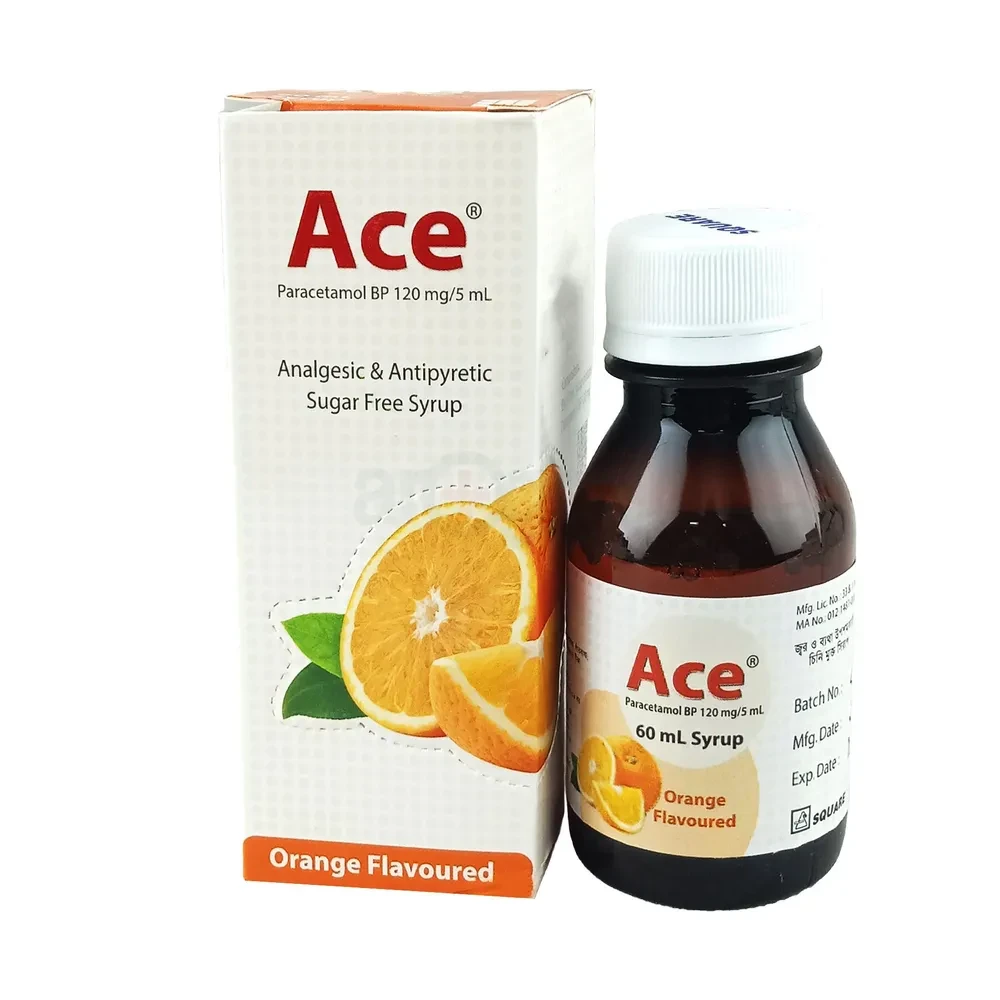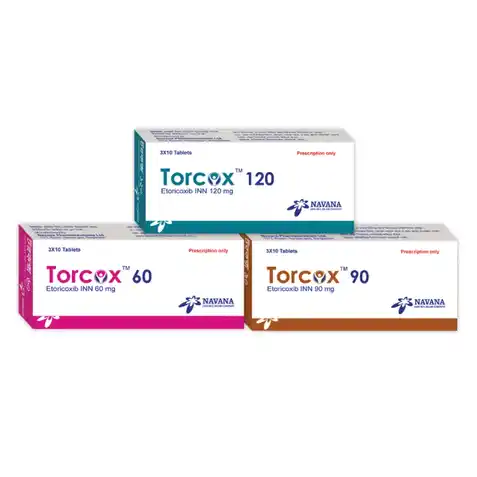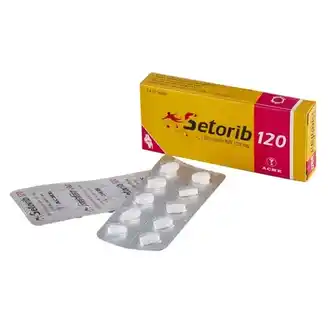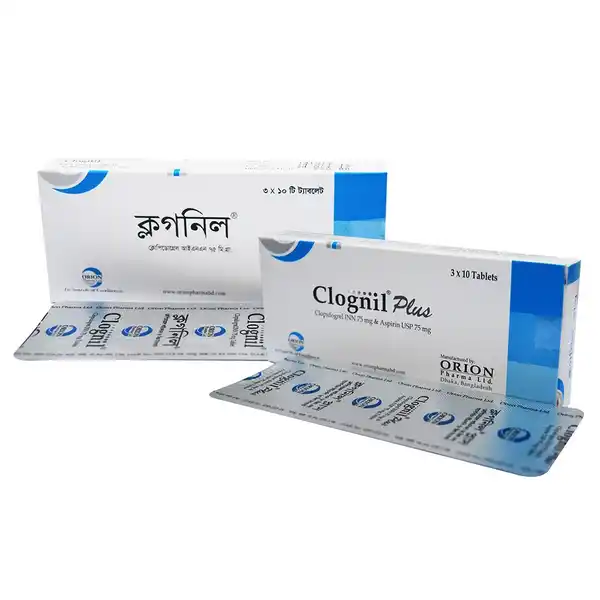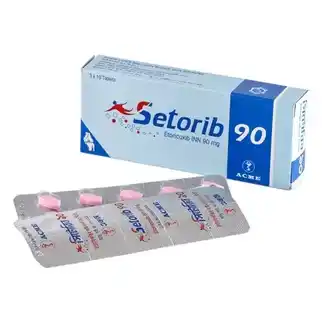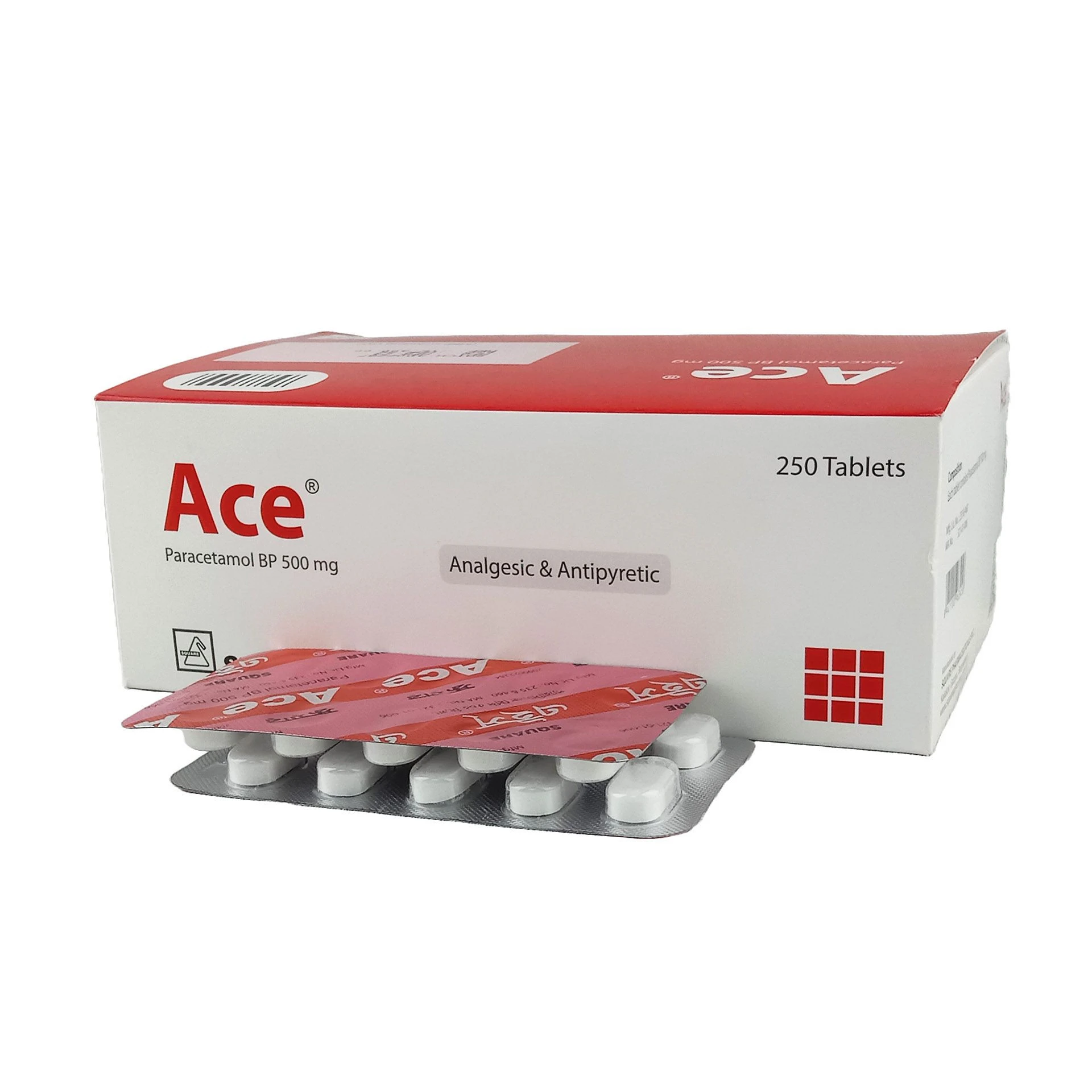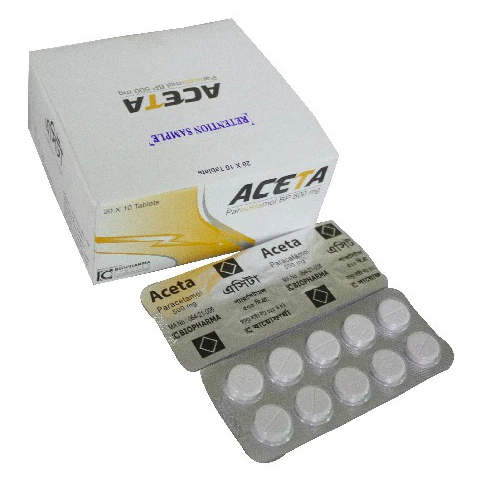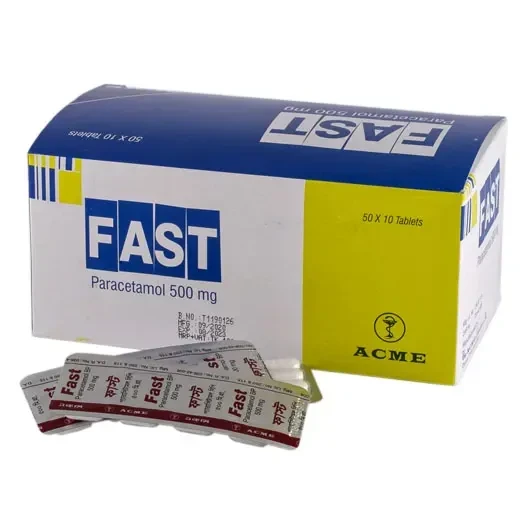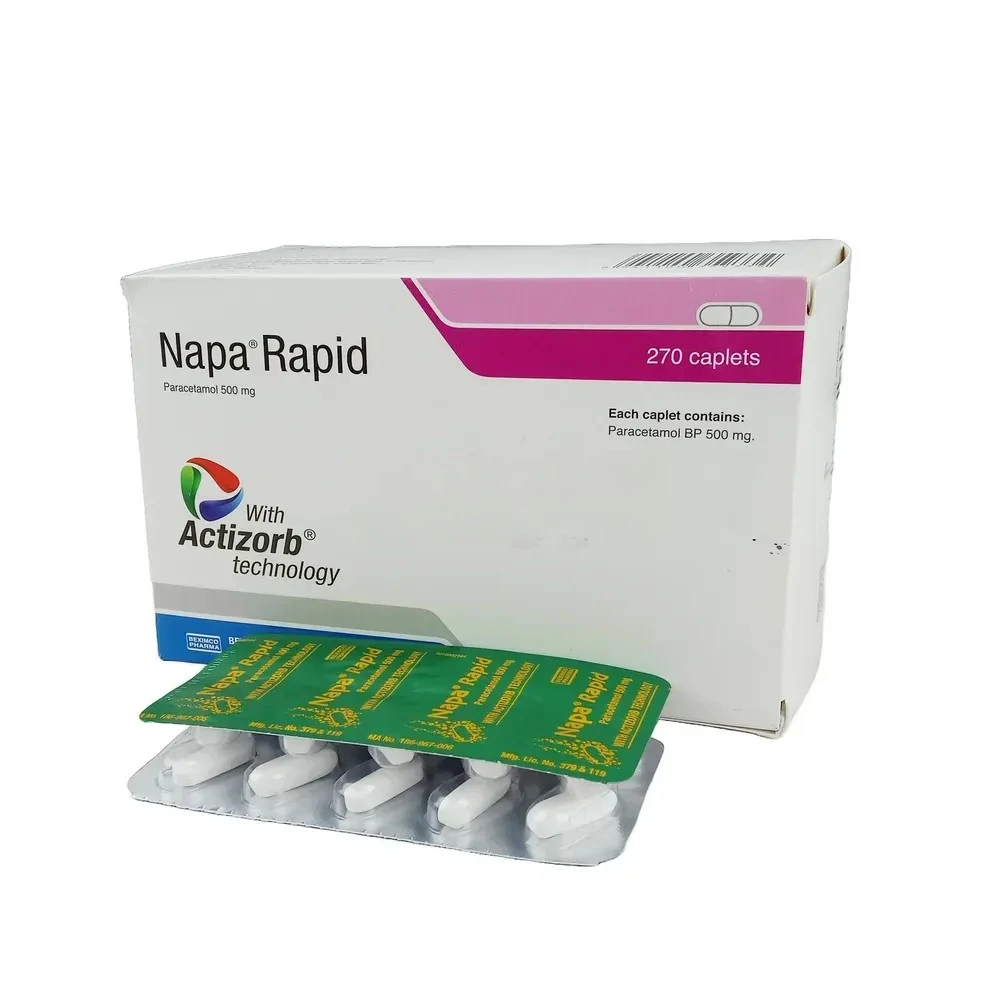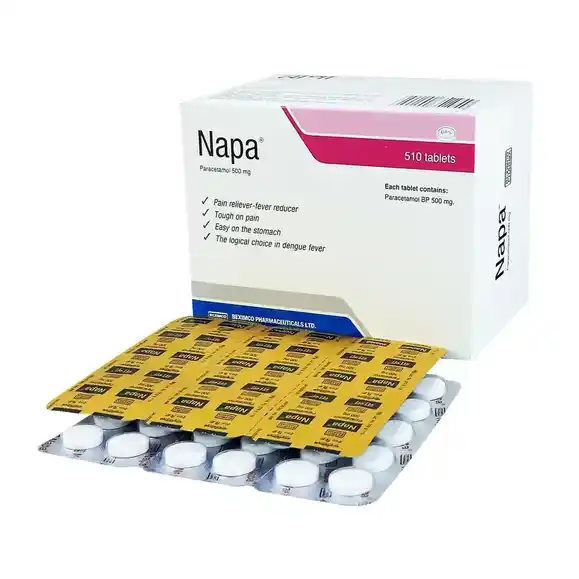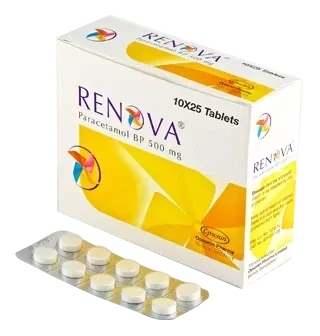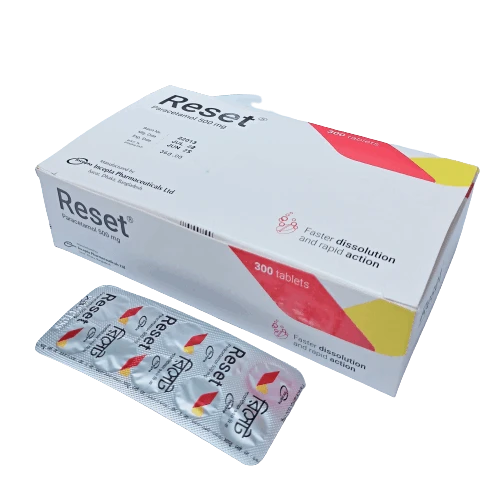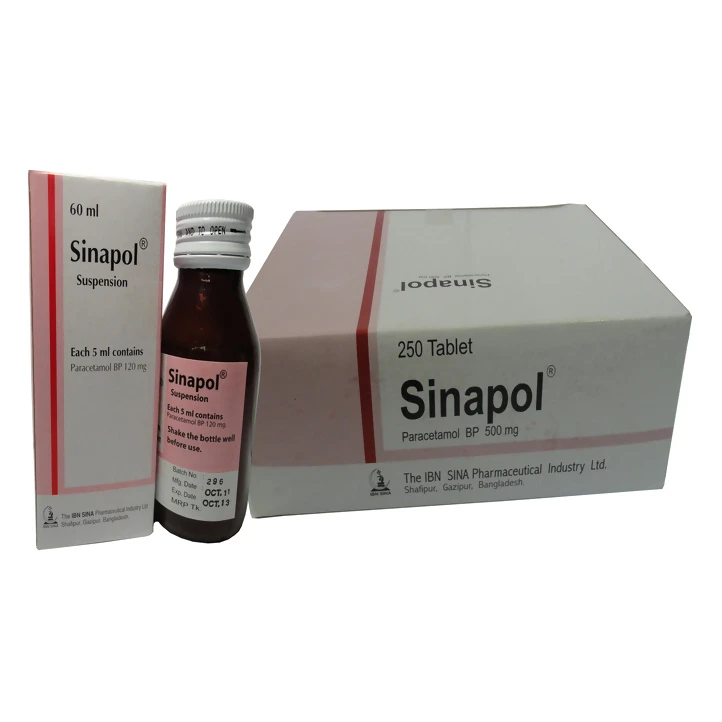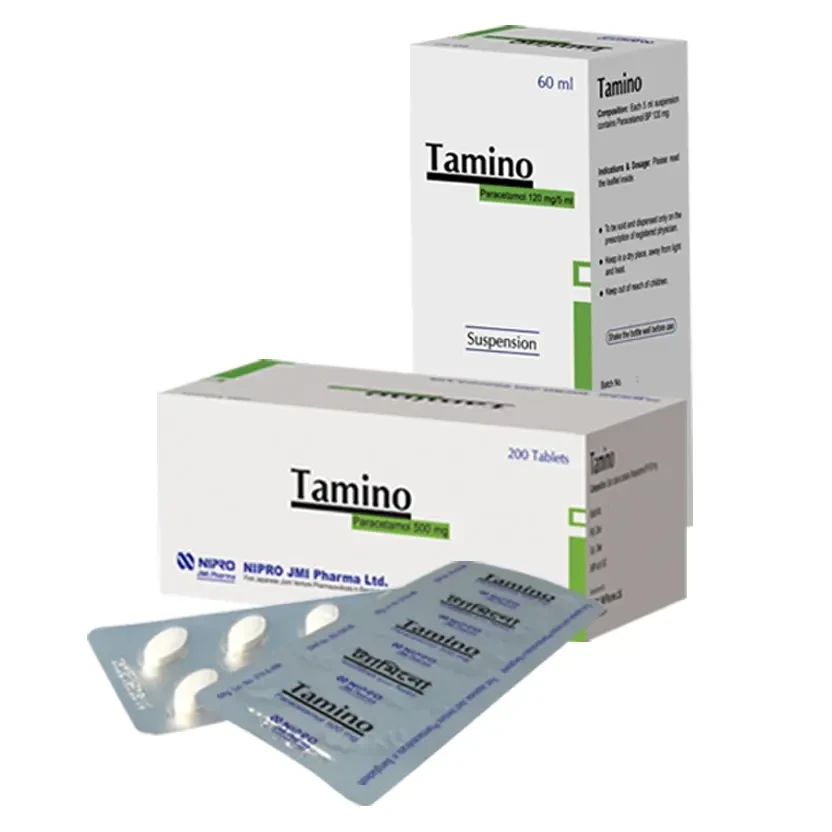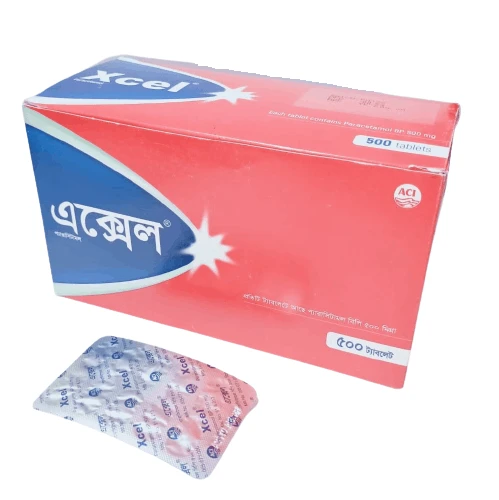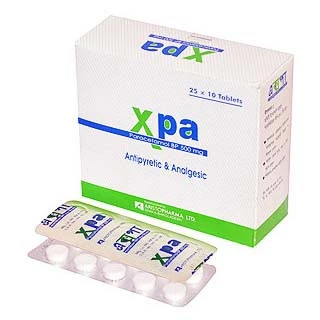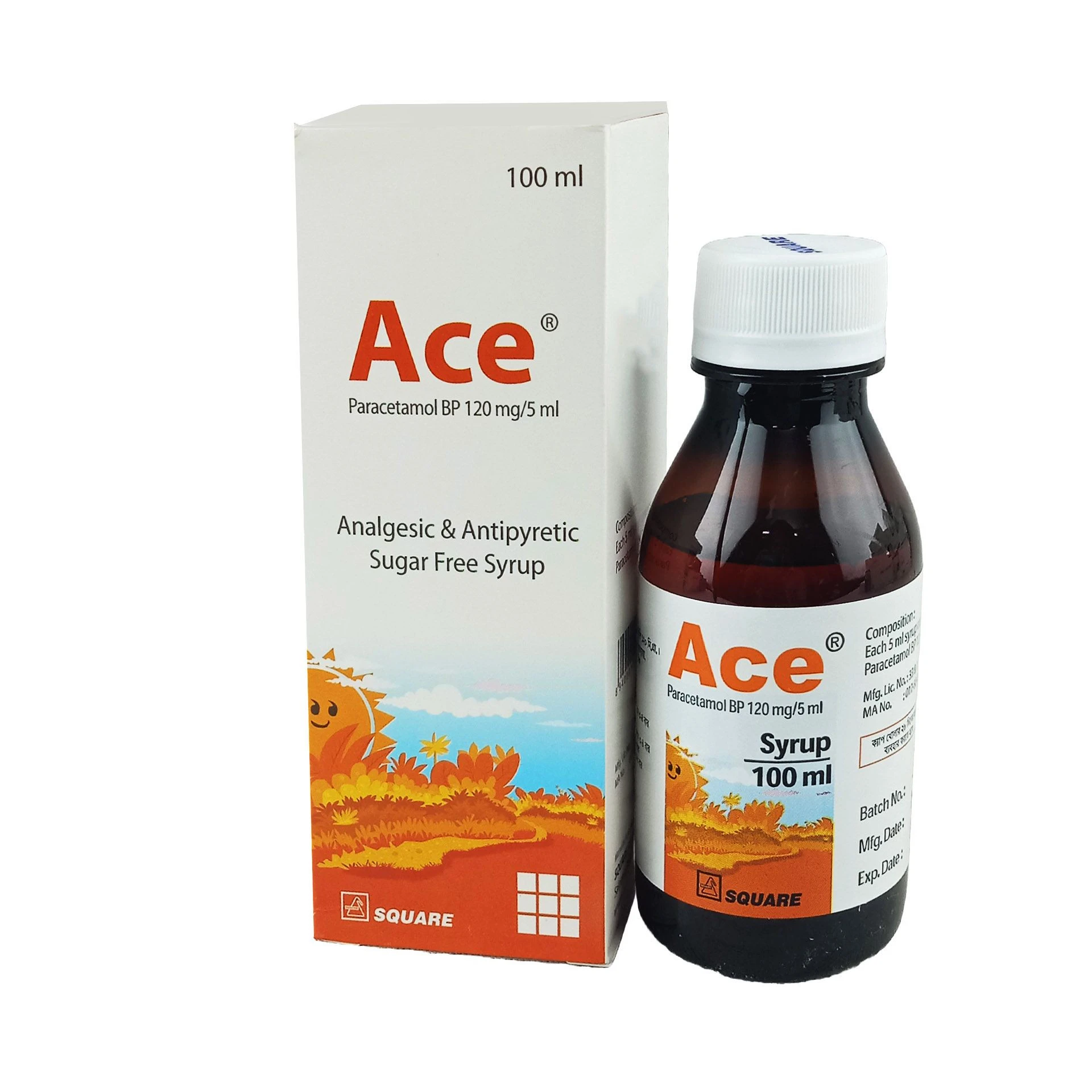UNSAFE
- It is unsafe to consume alcohol with Ace (Orange).
SAFE IF PRESCRIBED
- Ace (Orange) is safe to use during pregnancy. Most studies
have shown low or no risk to the developing baby.
SAFE IF PRESCRIBED
- Ace (Orange) is safe to use during breastfeeding. Human
studies suggest that the drug does not pass into the breastmilk in a
significant amount and is not harmful to the baby.
SAFE
- Ace (Orange) does not usually affect your ability to drive.
CAUTION
- Ace (Orange) should be used with caution in patients with
kidney disease. Dose adjustment of Ace (Orange) may be needed. Please consult
your doctor. However, Ace (Orange) contains paracetamol which is considered the
safest painkiller for kidney disease patients.
CAUTION
- Ace (Orange) should be used with caution in patients with
liver disease. Dose adjustment of Ace (Orange) may be needed. Please consult
your doctor. However, the use of Ace (Orange) is not recommended in patients
with severe liver disease and active liver disease.
Medicine Overview of Ace (Orange) 120mg/5ml syrup
Introduction
Ace (Orange) 120mg/5ml is a medicine used to relieve pain
and to reduce fever. It is used to treat many conditions such as headache, body
ache, toothache and common cold.Ace (Orange) may be prescr120mg/5ml ibed alone
or in combination with another medicine. You should take it regularly as
advised by your doctor. It is usually best taken with food otherwise it may
upset your stomach. Do not take more or use it for longer than recommended.
Side effects are rare if this medicine is used correctly but this medicine may
cause stomach pain, nausea, and vomiting in some people. Consult your doctor if
any of these side effects bother you or do not go away.This medicine is widely
prescribed and considered safe but is not suitable for everybody. Before taking
it, let your doctor know if you have liver or kidney problems or are using
blood-thinning medicines. It may affect the dose or suitability of this
medicine. Let your doctor know about all the other medicines you are taking
because they may affect, or be affected by, this medicine.
Uses of Ace (Orange)
Pain relief
Fever
Side effects of Ace (Orange)
Common
No common side effects seen
How to use Ace (Orange)
Take Ace (Orange) 120mg/5ml medicine in the dose and
duration as advised by your doctor. Swallow it as a whole. Do not chew, crush
or break it. Ace (Orange) 120mg/5ml is to be taken with food.
How Ace (Orange) works
Ace (Orange) 120mg/5ml is an analgesic (pain reliever) and
anti-pyretic (fever reducer). It works by blocking the release of certain
chemical messengers that cause pain and fever. Ace (Orange) is an analgesic
(pain reliever) and anti-pyretic (fever reducer). It works by blocking the
release of certain chemical messengers that cause pain and fever.
What if you forget to take Ace (Orange)?
If you miss a dose of Ace (Orange) 120mg/5ml, take it as
soon as possible. However, if it is almost time for your next dose, skip the
missed dose and go back to your regular schedule. Do not double the dose.
Quick Tips
Ace (Orange) should be taken with food or milk to prevent
upset stomach.
Take it as per the dose and duration prescribed by your
doctor. Long term use may lead to serious complications such as stomach
bleeding and kidney problems.
Do not take indigestion remedies (antacids) within two hours
of taking Ace (Orange).
Avoid consuming alcohol while taking this medicine as it can
increase your risk of stomach problems.
Inform your doctor if you have liver disease as your dose
may need to be adjusted.
Your doctor may regularly monitor your kidney function,
liver function and levels of blood components if you are taking this medicine
for long-term treatment.
Brief Description
Indication
Fever, Mild to moderate pain, osteoarthritis, rheumatoid
arthritis, chronic low back pain, Renal stone pain, neuropathic pain,
toothache, migraine, postoperative mild to moderate pain.
Administration
May be taken with or without food.
Adult Dose
Oral Mild to moderate pain and fever Tablet Adult: 1 - 2
tablets every 4 to 6 hours up to a maximum of 4 g (8 tablets) daily Extended
Release (XR) Tablet Adults: 2 tablets, swallowed whole, every 6 to 8 hours
(maximum of 6 tablets in any 24 hours). Syrup/Suspension: Adults: 4-8 Measuring
spoonful 3-4 times daily; Rectal Suppository Adults: 500 mg-1 g every 4-6 hours
to a maximum of 4 g daily.
Child Dose
Oral Mild to moderate pain and fever Tablet Children (6 - 12
years) : 1/2 to 1 tablet 3 to 4 times daily Extended Release (XR) Tablet
Children over 12 years: 2 tablets, swallowed whole, every 6 to 8 hours (maximum
of 6 tablets in any 24 hours). Syrup Mild to moderate pain and fever Children:
3 months - <1 year : 60 - 120 mg (1/2 - 1 measuring spoonful), 1 - 5 years :
1 - 2 measuring spoonful 6 - 12 years : 2 - 4 measuring spoonful Children: 2
months: 60 mg (1/2 measuring spoonful) for post immunization pyrexia;
Paediatric Drops Mild to moderate pain and fever Children Up to 3 months: 0.5
ml (40 mg) 4 to 11 months: 1.0 ml (80 mg) 1 to <2 years: 1.5 ml (120 mg) 2
to 3 years: 2 ml (160mg) 4 to 5 years: 3 ml (240 mg) Dose can be repeated,
every 4 hours. Rectal Mild to moderate pain and fever Suppository Children: 3
months-<1 year: 60-125 mg 1-<5 years: 125-250 mg 5-12 years: 250-500 mg
These doses may be repeated every 4-6 hours as necessary (maximum 4 doses in 24
hours). Children over 12 years: 500 mg-1 g every 4-6 hours to a maximum of 4 g
daily. Post-immunisation pyrexia Child: 2-3 mth 60 mg. If necessary, a 2nd dose
may be given after 4-6 hr.
Contraindication
Hypersensitivity.
Mode of Action
Paracetamol exhibits analgesic action by peripheral blockage
of pain impulse generation. It produces antipyresis by inhibiting the
hypothalamic heat-regulating centre. Its weak anti-inflammatory activity is
related to inhibition of prostaglandin synthesis in the CNS.
Precaution
Patient w/ chronic alcoholism, known G6PD deficiency, severe
hypovolaemia, chronic malnutrition. Renal and hepatic impairment. Pregnancy and
lactation. Monitoring Parameters Monitor serum paracetamol levels esp when
acute overdosage is suspected and w/ long-term use.
Side Effect
Thrombocytopenia, leucopenia, pancytopenia, neutropenia,
agranulocytosis, pain and burning sensation at inj site. Rarely, hypotension
and tachycardia. Potentially Fatal: Stevens-Johnson syndrome, toxic epidermal
necrolysis, acute generalised exanthematous pustulosis, acute renal tubular
necrosis and hepatotoxicity.
Interaction
May reduce serum levels w/ anticonvulsants (e.g.
phenytoin, barbiturates, carbamazepine). May enhance the anticoagulant effect
of warfarin and other coumarins w/ prolonged use. Accelerated absorption w/
metoclopramide and domperidone. May increase serum levels w/ probenecid. May
increase serum levels of chloramphenicol. May reduce absorption w/
colestyramine w/in 1 hr of admin. May cause severe hypothermia w/
phenothiazine.



